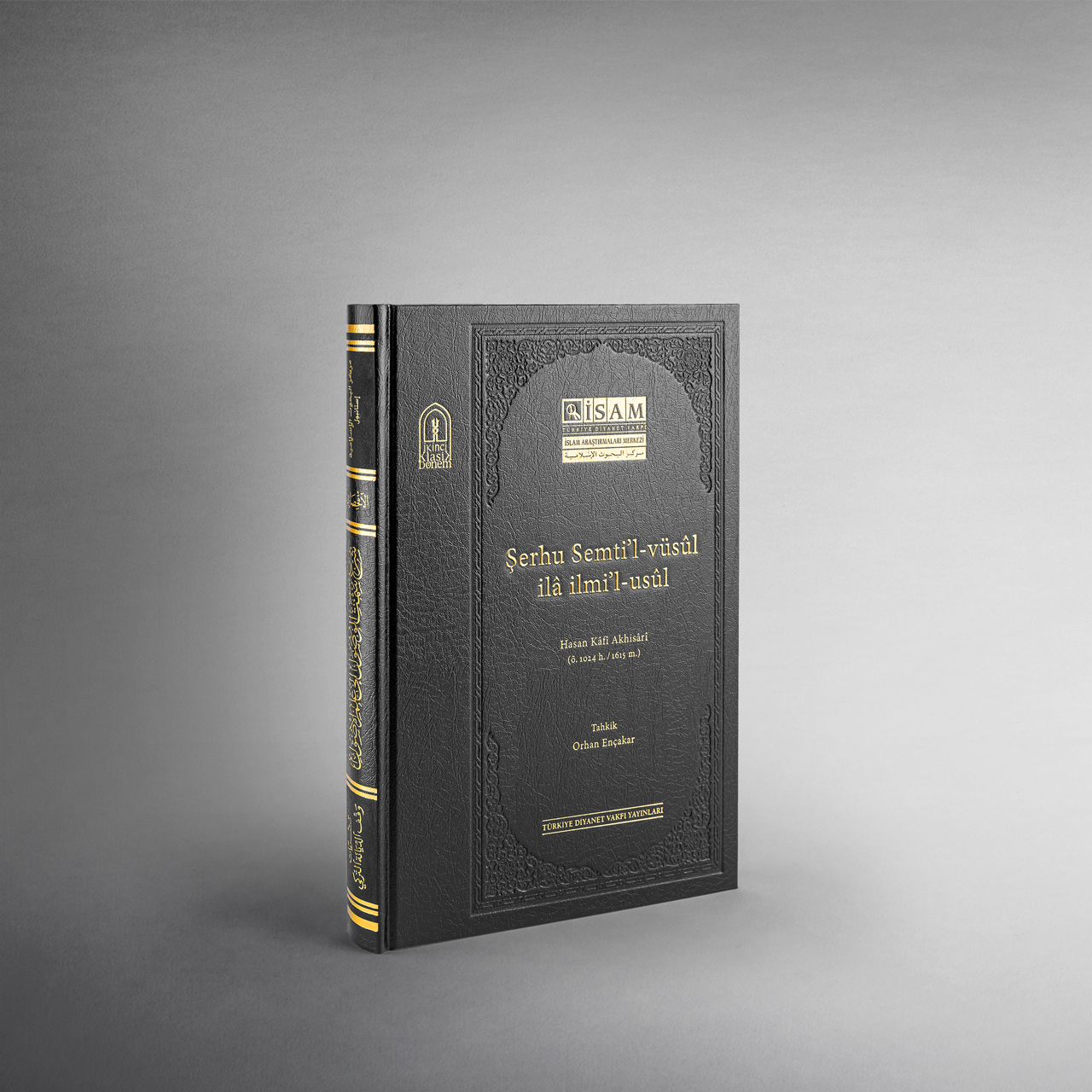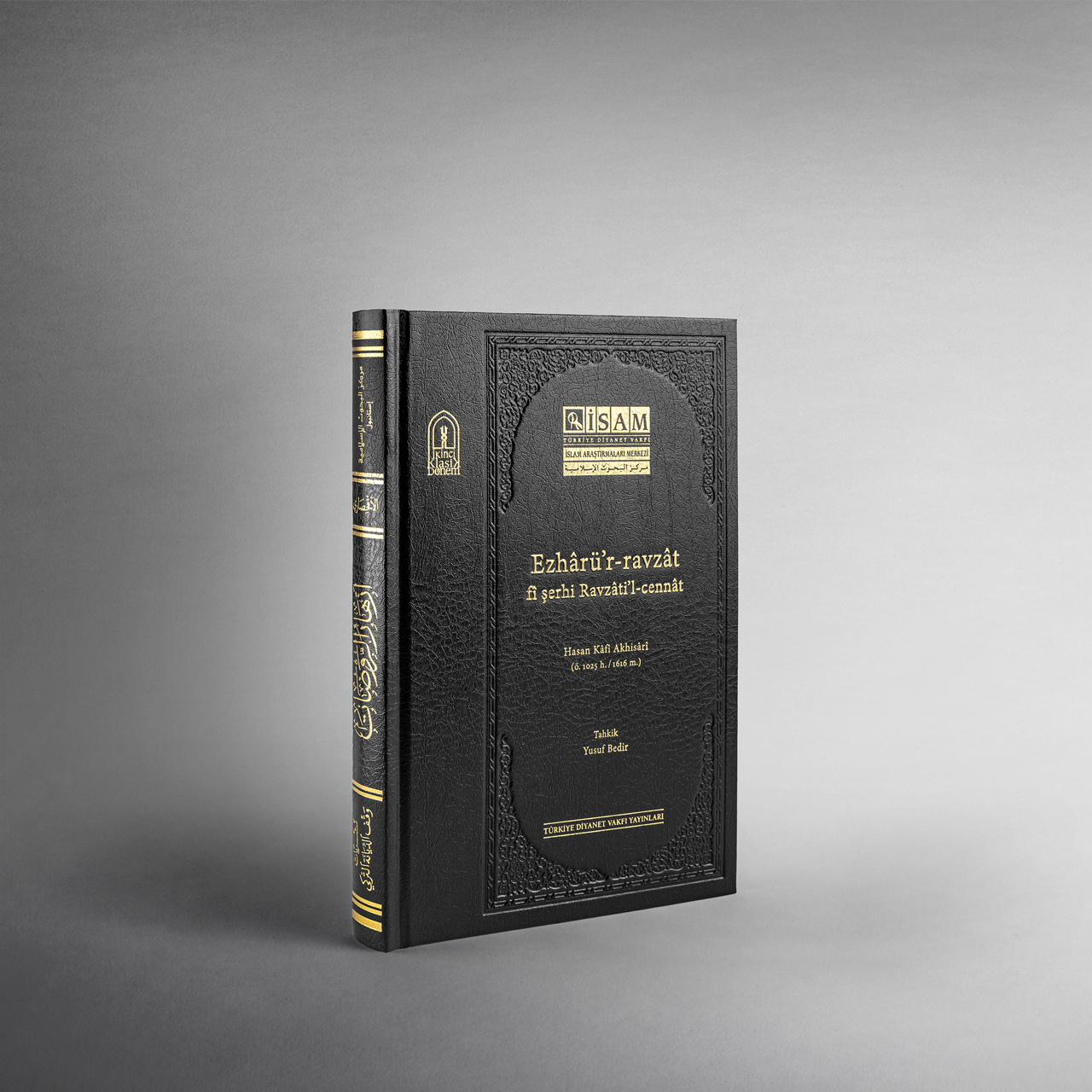Hasan Kāfī Akhiṣārī, a jurist and scholar, was born in Ramaḍān 951 AH (November/December 1544 CE) in Bosnian Akhisar (modern-day Prusac) during the reign of Sultan Suleiman the Magnificent. After completing his education in Istanbul and Çatalca, he returned to his hometown, where he spent the rest of his life teaching (muderris) and serving as a judge (qāḍī) in Akhisar and its surrounding areas.
Hasan Kāfī Akhiṣārī authored texts and commentaries in diverse fields, including logic, rhetoric, Islamic jurisprudence (uṣūl al-fiqh), and theology (ʿaqāʾid), focusing on introductory-level works for education. Some of these writings remain part of traditional Islamic curricula. During his tenure as a judge, Akhiṣārī established ties with state officials and presented his significant work Uṣūl al-Ḥikam fī Niẓām al-ʿĀlam to Sultan Mehmed III through Grand Vizier Damat İbrahim Pasha. This work was later translated into multiple languages.
Hasan Kâfî Akhiṣārī served as a muderris and qāḍī in his hometown, leaving a lasting legacy by constructing important buildings such as a mosque, madrasa, tekkes, hans, sıbyan schools, and a fountain. These charitable works helped establish a neighborhood once known as Nevābāḍ (Novo Mjesto), now located above Prusac’s Srt district. He passed away in 1024 (1615) and was buried in the tomb adjacent to the madrasa he had built beside the mosque.
Updated at November 27, 2024

